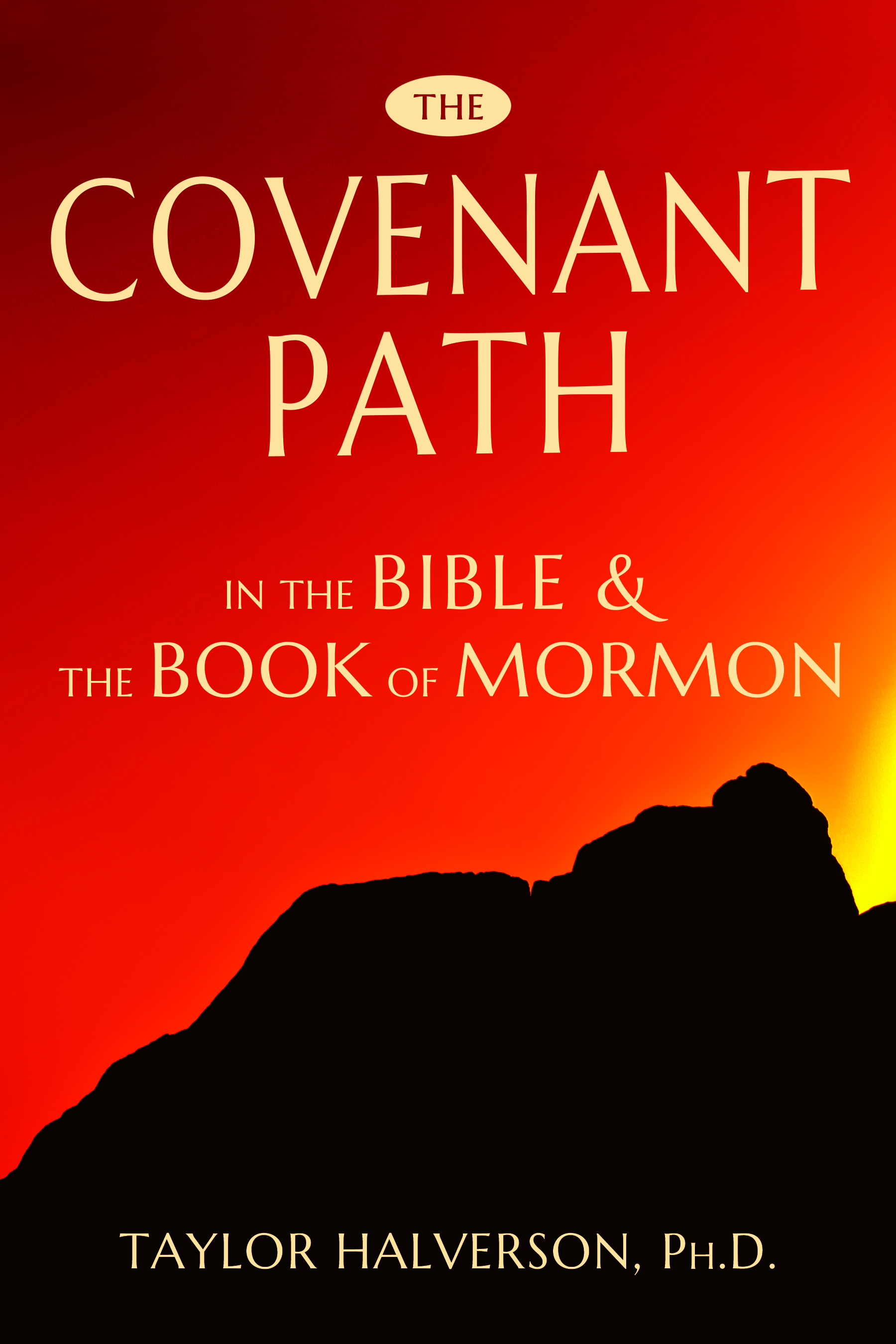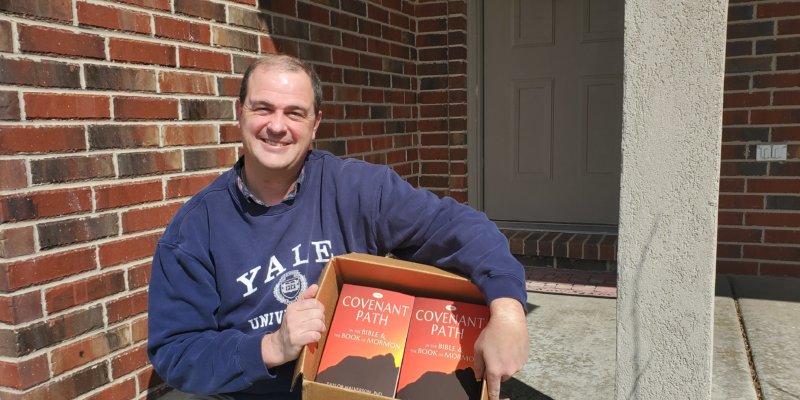The Book of Mormon is for our day. We can return again and again to its pages for doctrines, principles, and ideas for how to live, or how not to live. We can watch the consequences of bad choices unfold. We can see the outcome of choosing well.
Alma 53 through Alma 63 is particularly pertinent for our day. These chapters record deep conflict within the society. Similarly, we have deep conflict in our society today. What are answers for resolving such conflict?
The Two Great Commandments
Love God.
Love your neighbor.
Those two statements summarize the totality of God’s commands to us.
Think of it. What if each of us individually truly loved God and truly loved our neighbor? Fighting would be abolished. Anger would go extinct. Ignorance would fear. Fear would evaporate. Peace would reign.
My guess is that most of us do well with the command to love God. And my hunch is that most of us struggle with loving our neighbors. What can we do?
I have a proposal based on a one of the books I read recently about how to constructively engage with others with whom we have disagreements or conflict.
- Restate the other person’s idea in your own words.
- Identify where you both have agreement. (You don’t have to agree on everything. But do identify where you agree.)
- State what you have learned from the other person.
- Describe the disagreement.
I should highlight that only after you have completed the first three steps should you describe the disagreement. And I am emphasizing here that describing the disagreement does not mean attacking another person about how they may be wrong.
In theory, this seems simple.
In practice, this is difficult.
Too often in the heat of the moment we forget the humanity of others and our own humanity. Our breath can come to the rescue.
When you find yourself in a moment of conflict, disagreement, or conflict, pause and breath deeply. Deep breaths give you time to think, calm you down, and put you into a state of openness instead of tense fighting.
And if you don’t do well the first time you try this, give yourself a break, be forgiving, and try again. We only grow and develop through persistent and deliberate practice.
More from Taylor Halverson
Find out for yourself why my latest book hit #1 on Amazon! Hear Him: Listening to the Voice of God in Scriptures and in Our Lives by Taylor Halverson, Lisa Halverson, with Tyler Griffin.
Want to better understand the Bible and the Book of Mormon? Then this is a must-read The Covenant Path in the Bible and the Book of Mormon available on Amazon and Deseret Book!

Join my newsletter and receive a free humorous eBook Memoirs of the Ward Rumor Control Coordinator is a light-hearted look at our beloved Mormon Church of Jesus Christ of Latter-day Saints culture. When you join my newsletter, it’s a bit like voting for Pedro. Your wildest dreams might come true!








